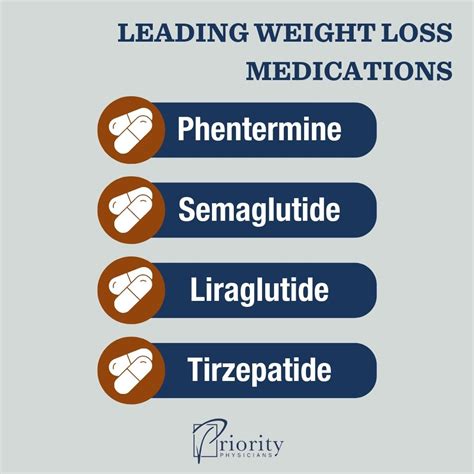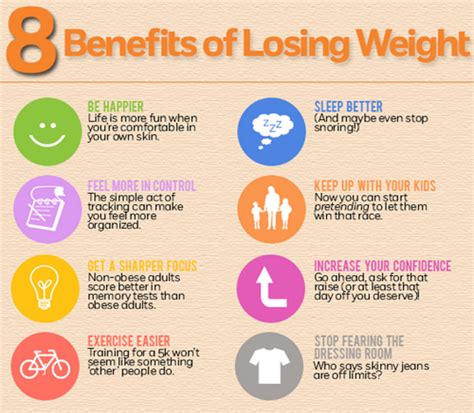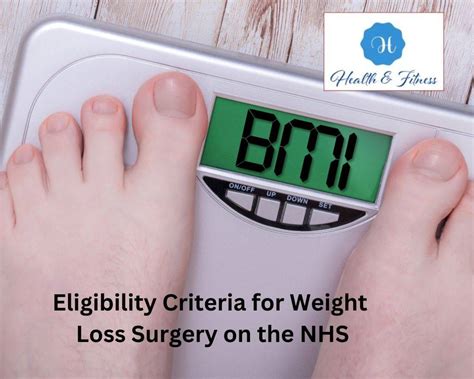Intro
Losing weight can be a challenging and frustrating experience, especially for those who have tried various diets and exercise routines without achieving their desired results. For some individuals, weight loss prescription medication may be a viable option to consider. With the numerous medications available on the market, it's essential to understand the different types, their mechanisms of action, and potential benefits and risks. In this article, we'll delve into the world of weight loss prescription medication, exploring the various options, their effectiveness, and what you need to know before consulting your doctor.
The importance of weight loss cannot be overstated, as excess weight is linked to various health problems, including diabetes, heart disease, and certain types of cancer. According to the World Health Organization (WHO), approximately 39% of adults worldwide are overweight, and 13% are obese. The economic burden of obesity is substantial, with estimated annual costs exceeding $1 trillion in the United States alone. With the rising prevalence of obesity, the demand for effective weight loss solutions has never been greater. Weight loss prescription medication can be a valuable tool for those struggling to lose weight, but it's crucial to approach this option with caution and under the guidance of a healthcare professional.
The decision to use weight loss prescription medication should not be taken lightly, as these medications can have significant side effects and interact with other medications. Furthermore, weight loss medication is not a quick fix, and it's essential to combine it with a healthy diet and regular exercise for optimal results. A comprehensive weight loss plan should include lifestyle modifications, such as eating a balanced diet, increasing physical activity, and getting enough sleep. By understanding the different weight loss prescription medication options and their potential benefits and risks, individuals can make informed decisions about their weight loss journey.
Types of Weight Loss Prescription Medication

There are several types of weight loss prescription medication available, each with its unique mechanism of action. Some medications work by suppressing appetite, while others increase feelings of fullness or reduce fat absorption. The most commonly prescribed weight loss medications include orlistat, phentermine-topiramate, liraglutide, and semaglutide. Orlistat, also known as Alli or Xenical, works by reducing fat absorption in the gut, resulting in weight loss. Phentermine-topiramate, marketed as Qsymia, is a combination medication that suppresses appetite and increases feelings of fullness. Liraglutide, sold under the brand name Saxenda, is an injectable medication that mimics the action of a natural hormone, glucagon-like peptide-1 (GLP-1), which regulates appetite and glucose metabolism. Semaglutide, marketed as Wegovy, is another injectable medication that works similarly to liraglutide.
How Weight Loss Prescription Medication Works
Weight loss prescription medication can be an effective tool for weight loss, but it's essential to understand how these medications work. Most weight loss medications target the brain's appetite centers, reducing hunger and increasing feelings of fullness. Others work by reducing fat absorption or increasing metabolism. For example, orlistat works by inhibiting the enzyme lipase, which breaks down fat in the gut, resulting in reduced fat absorption. Phentermine-topiramate, on the other hand, works by activating the brain's appetite centers, reducing hunger and increasing feelings of fullness. Liraglutide and semaglutide mimic the action of natural hormones, regulating appetite and glucose metabolism.Benefits of Weight Loss Prescription Medication

Weight loss prescription medication can offer several benefits, including significant weight loss, improved blood sugar control, and reduced risk of chronic diseases. Studies have shown that weight loss medication can result in an average weight loss of 5-10% of initial body weight, which can have a substantial impact on overall health. For example, a study published in the New England Journal of Medicine found that participants who received liraglutide experienced an average weight loss of 8.4 kg (18.5 lbs) over 56 weeks. Additionally, weight loss medication can improve blood sugar control, reducing the risk of developing type 2 diabetes. A study published in the Journal of Clinical Endocrinology and Metabolism found that participants who received semaglutide experienced significant improvements in glycemic control, with a reduction in HbA1c levels of 1.3%.
Risks and Side Effects of Weight Loss Prescription Medication
While weight loss prescription medication can be effective, it's essential to be aware of the potential risks and side effects. Common side effects include nausea, vomiting, diarrhea, and headaches. More serious side effects can include increased heart rate, high blood pressure, and pancreatitis. It's crucial to discuss the potential risks and benefits with your doctor before starting any weight loss medication. Additionally, weight loss medication should not be used as a substitute for a healthy lifestyle, and it's essential to combine medication with a balanced diet and regular exercise for optimal results.Who is Eligible for Weight Loss Prescription Medication?

Weight loss prescription medication is typically reserved for individuals with a body mass index (BMI) of 30 or higher, or those with a BMI of 27 or higher with at least one weight-related health condition, such as high blood pressure, type 2 diabetes, or high cholesterol. Additionally, individuals with a history of eating disorders, such as bulimia or anorexia, may not be eligible for weight loss medication. It's essential to consult with your doctor to determine if weight loss prescription medication is right for you.
Steps to Get Started with Weight Loss Prescription Medication
If you're considering weight loss prescription medication, there are several steps to get started. First, schedule a consultation with your doctor to discuss your weight loss goals and determine if medication is right for you. Your doctor will assess your overall health, including your medical history, current medications, and lifestyle habits. If your doctor determines that weight loss medication is suitable for you, they will prescribe the medication and provide guidance on how to use it effectively. It's essential to follow your doctor's instructions and attend regular follow-up appointments to monitor your progress and adjust your treatment plan as needed.Practical Tips for Success with Weight Loss Prescription Medication

To achieve success with weight loss prescription medication, it's essential to combine medication with a healthy lifestyle. Here are some practical tips to get you started:
- Eat a balanced diet that includes plenty of fruits, vegetables, whole grains, and lean protein sources
- Aim for at least 150 minutes of moderate-intensity exercise or 75 minutes of vigorous-intensity exercise per week
- Get enough sleep, aiming for 7-9 hours per night
- Stay hydrated by drinking plenty of water throughout the day
- Monitor your progress by tracking your weight, measurements, and blood work regularly
Common Mistakes to Avoid with Weight Loss Prescription Medication
While weight loss prescription medication can be effective, there are common mistakes to avoid. These include: * Not combining medication with a healthy lifestyle * Not attending regular follow-up appointments with your doctor * Not monitoring your progress regularly * Not being patient, as weight loss takes time and effort * Not being aware of potential side effects and interactions with other medicationsFuture Directions in Weight Loss Prescription Medication

The field of weight loss prescription medication is constantly evolving, with new medications and technologies being developed. Researchers are exploring new targets for weight loss medication, such as the gut-brain axis and the microbiome. Additionally, there is a growing interest in personalized medicine, where weight loss treatment is tailored to an individual's unique genetic profile and lifestyle habits. As our understanding of the complex mechanisms underlying weight loss and obesity improves, we can expect to see more effective and targeted treatments in the future.
Conclusion and Final Thoughts
Weight loss prescription medication can be a valuable tool for those struggling to lose weight, but it's essential to approach this option with caution and under the guidance of a healthcare professional. By understanding the different types of weight loss medication, their mechanisms of action, and potential benefits and risks, individuals can make informed decisions about their weight loss journey. Remember to combine medication with a healthy lifestyle, including a balanced diet and regular exercise, and to monitor your progress regularly. With the right approach and support, you can achieve significant weight loss and improve your overall health and well-being.What is the most effective weight loss prescription medication?
+The most effective weight loss prescription medication varies depending on individual factors, such as medical history and lifestyle habits. However, medications like liraglutide and semaglutide have shown significant promise in clinical trials, with average weight losses of 8-10% of initial body weight.
Are weight loss prescription medications safe?
+Weight loss prescription medications can be safe when used under the guidance of a healthcare professional. However, they can have significant side effects and interact with other medications. It's essential to discuss the potential risks and benefits with your doctor before starting any weight loss medication.
Can I use weight loss prescription medication without a healthy lifestyle?
+No, weight loss prescription medication should not be used as a substitute for a healthy lifestyle. Combining medication with a balanced diet and regular exercise is essential for optimal results and to minimize the risk of side effects.
We hope this article has provided you with a comprehensive understanding of weight loss prescription medication options. If you have any further questions or would like to share your experiences with weight loss medication, please comment below. Remember to always consult with a healthcare professional before starting any new medication or weight loss program. Share this article with friends and family who may be struggling with weight loss, and let's work together to create a healthier and more supportive community.
